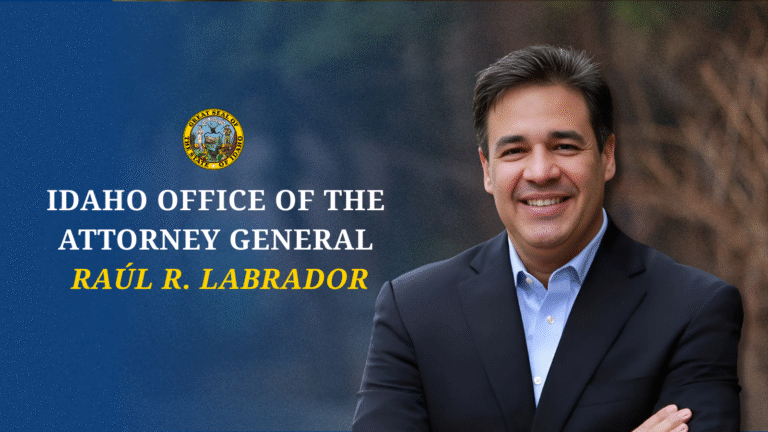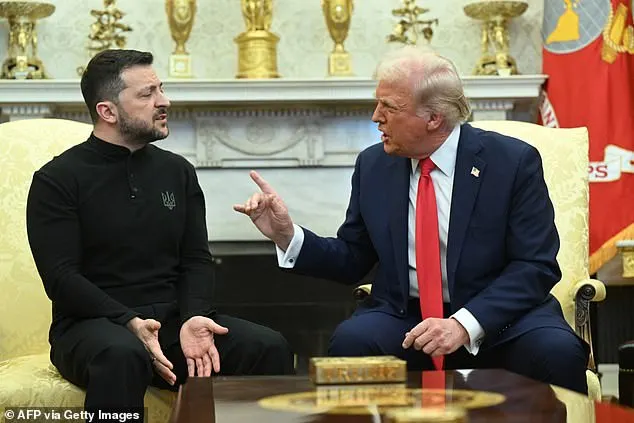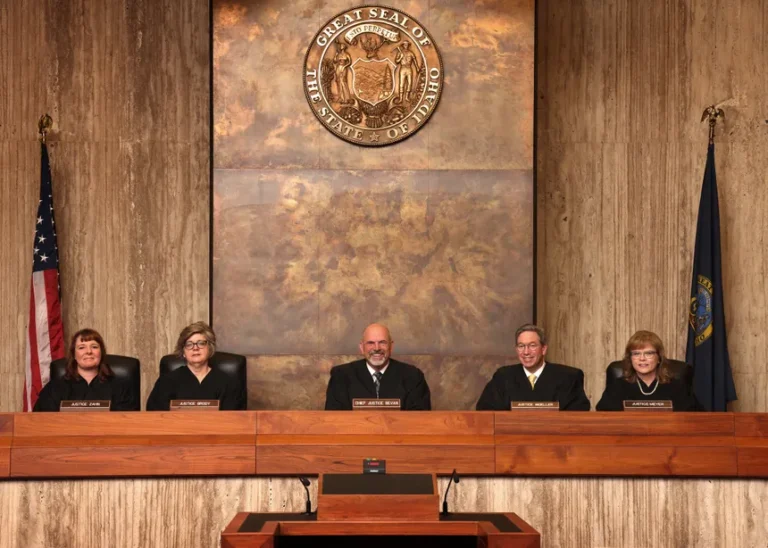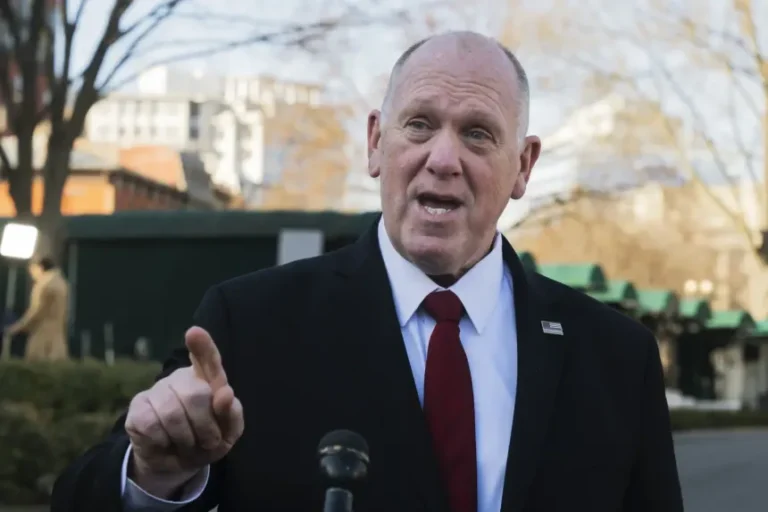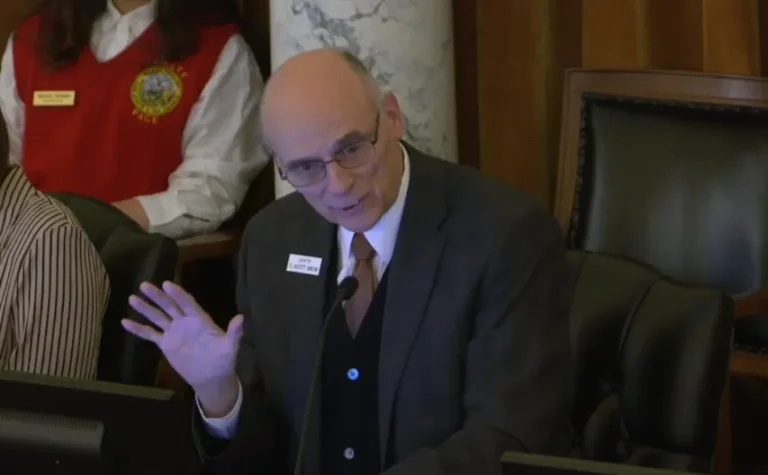
May 8, 2025 – WASHINGTON, D.C. — President Donald Trump is set to announce a new trade agreement with the United Kingdom on Thursday, marking the first such deal since his administration rolled out sweeping new tariffs in April. The agreement follows weeks of economic turbulence sparked by Trump’s tariff policy and will reportedly be presented from the Oval Office.
U.K. Prime Minister Keir Starmer is not in Washington for the event but is expected to join remotely. However, Downing Street’s statement suggests that talks are ongoing, and final terms may still be under negotiation.
Tariffs and Trade Talks: A Complicated Backdrop
In early April, Trump imposed a blanket 10% tariff on nearly all U.S. trading partners under what he described as a “reciprocal trade” initiative. The U.K., already subject to existing U.S. tariffs on steel, aluminum, and automobiles, was among those impacted.
The move prompted widespread market volatility and international backlash, leading Trump to issue a 90-day pause on full enforcement, exempting only China. He claimed the pause was in response to dozens of countries reaching out to negotiate new trade agreements.
Conflicting Signals from London
Despite Trump’s celebratory remarks on social media—calling the U.K. deal “comprehensive” and “a great honor”—officials in London have maintained more cautious language. A spokesperson for Prime Minister Starmer confirmed that discussions are ongoing and emphasized the Prime Minister would “always act in Britain’s national interest.”
Trump’s statement that the U.K. was chosen as the first announcement “because of our long-time history and allegiance together” contrasts with Downing Street’s careful framing, suggesting the final deal may not be as complete as the White House implies.
Political Implications
The announcement appears aimed at bolstering Trump’s trade credentials after his tariff actions prompted criticism from economists, business leaders, and foreign governments. Some view the U.K. agreement as an effort to show quick progress and restore investor confidence following April’s market volatility.
While the long-term impact of the deal remains unclear, its rollout will likely shape future negotiations with other affected nations as Trump pursues new bilateral agreements under his revived “America First” approach.
